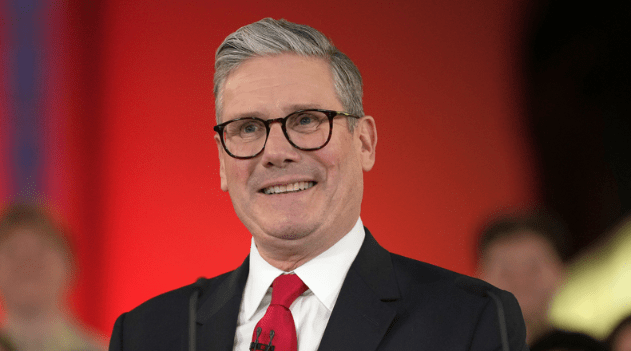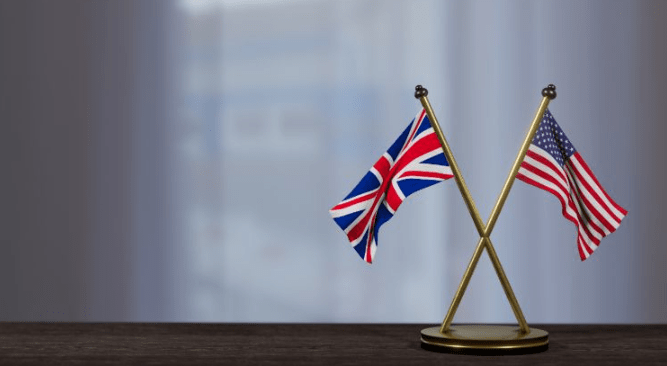Historic Trade Agreement Between Starmer and Trump Comes Into Force
A long-anticipated trade deal between the United Kingdom and the United States has officially come into effect, cutting key tariffs and offering a potential boost to UK industries. The agreement, signed by Prime Minister Sir Keir Starmer and US President Donald Trump, was enacted at 5.01am today (30 June).
Tariffs on British car exports and aerospace components to the US have been significantly reduced. The car industry will see export duties drop from a hefty 27.5% to 10%, while aerospace firms will benefit from the removal of 10% tariffs on goods such as aircraft engines and parts.
However, despite progress, a 25% duty on British steel remains in place. Negotiations are ongoing in an effort to secure further relief for this embattled sector.
Sir Keir welcomed the milestone, stating the deal “delivers for British businesses and protects UK jobs.”
Unveiled with much ceremony in May, the deal was described by President Trump as “great” and hailed by Sir Keir as a vital measure to safeguard car manufacturing and the struggling steel industry. Yet, following the announcement, frustration brewed within the business community as implementation stalled for several weeks.

Now that the trade terms have finally kicked in, ministers believe the changes will save UK firms hundreds of millions of pounds each year and help preserve thousands of jobs.
Rolls-Royce and other major aerospace players are expected to benefit directly from the lifting of US import duties on their products.
While the deal promised to eliminate tariffs on steel and aluminium, that ambition hasn’t yet been fully realised. A blanket 10% tariff continues for other categories of goods. Meanwhile, the UK has agreed to scrap its own tariffs on ethanol imports from the US.
But the steel industry, already under significant strain, faces a continuing 25% levy on exports to the American market. That issue is still subject to active negotiations.
This development comes just months after an extraordinary Saturday session in Parliament saw MPs approve emergency measures to protect British Steel’s Scunthorpe site, seizing control from its Chinese owners.
The successful implementation of the deal will likely be viewed as a diplomatic win for Starmer, who resisted pressure to retaliate and instead opted for a patient, diplomatic route.
President Trump acknowledged the prime minister’s role, saying: “The US and UK have been working for years to try and make a deal, and it never quite got there. It did with this prime minister, so I want to just congratulate you.”

Nevertheless, not everyone is convinced. Conservative leader Kemi Badenoch voiced criticism, arguing that the UK had been “shafted”. She pointed to increased costs for UK businesses compared to the landscape before Trump took office.
The deal’s partial tariff reductions mark a significant, albeit imperfect, shift in UK-US trade relations. For now, industries are hopeful that further agreements will follow.






